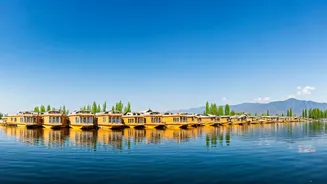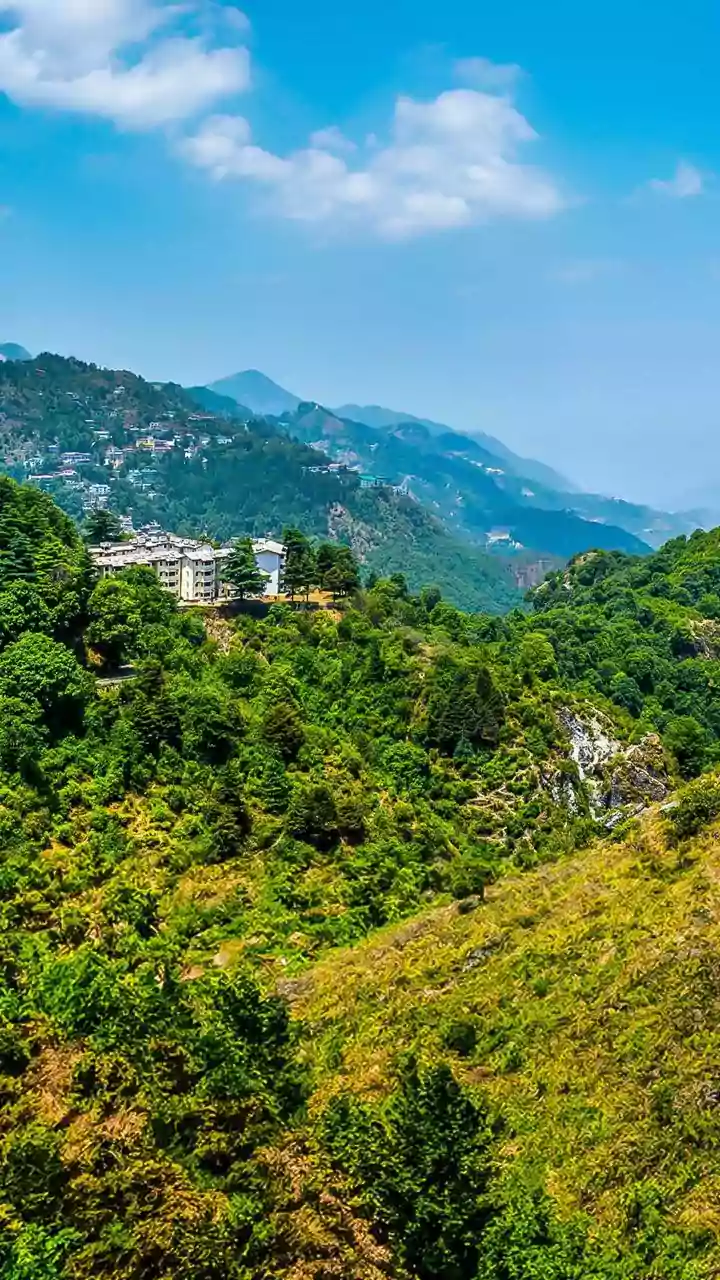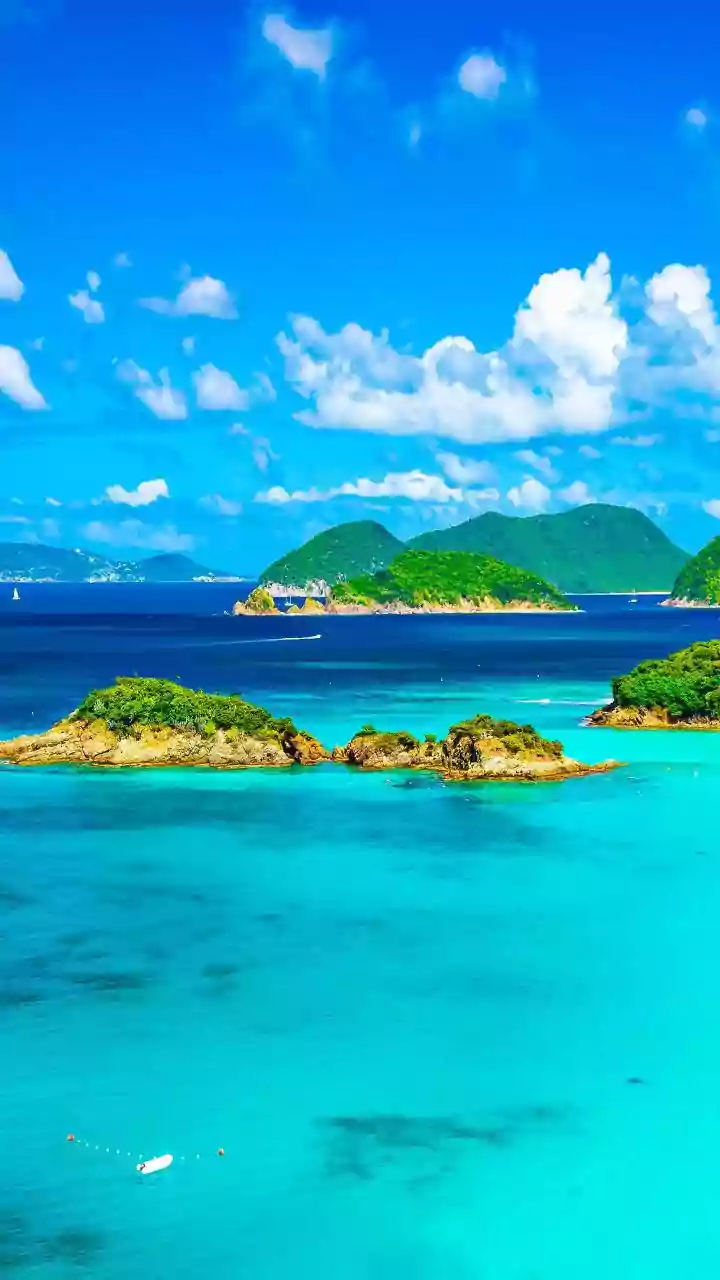A Srinagar Icon
Dal Lake, a shimmering jewel nestled in the heart of Srinagar, Jammu and Kashmir, is a must-see for anyone visiting the area. Renowned for its stunning
natural beauty, the lake is a sprawling expanse of water punctuated by houseboats, floating gardens, and bustling shikaras. The lake is divided into several basins, including the Gagribal, Lokut Dal, Bod Dal, and Nagin Lake, each offering unique experiences and viewpoints. The lake's significance extends beyond its scenic vistas; it is also a vital resource for the local community, supporting livelihoods through fishing, tourism, and agriculture. The lake's allure lies in its ability to offer a tranquil retreat combined with vibrant cultural experiences, making it a focal point of Srinagar's identity. The waters mirror the surrounding mountain ranges, creating a captivating scene that changes with the light of the day.
Houseboats and Shikaras
One of the most defining features of Dal Lake is its array of houseboats. These floating residences, known locally as 'houseboats', offer a unique lodging experience, blending traditional craftsmanship with modern comfort. Houseboats are often intricately decorated with carved wooden panels and rich furnishings. Each houseboat provides a distinct atmosphere, ranging from luxurious suites to more basic, affordable options. Visitors can enjoy the stunning views of the lake right from their accommodation. Complementing the houseboats are the shikaras, the small wooden boats that act as water taxis, vendors, and leisurely transport. Shikaras are a constant presence on the lake, offering rides, shopping, and tours. They provide a means to explore the lake's various channels and the floating markets where vendors sell fruits, vegetables, and handicrafts, adding an extra layer of enchantment to the experience. The gentle rocking of the shikara or the comfort of a houseboat makes for an unforgettable experience.
Livelihood and Culture
Dal Lake's importance goes beyond mere aesthetics; it supports a vibrant ecosystem of human activity. The lake is a source of livelihood for many residents of Srinagar, mainly through fishing, tourism, and farming. Fishermen depend on the lake's resources, utilizing traditional methods to harvest fish. Tourism plays a pivotal role, with houseboats, shikaras, and related services creating employment opportunities. Another unique aspect of Dal Lake is its floating gardens, called 'Rad', where local farmers grow vegetables and flowers. These gardens contribute to the local economy and provide a picturesque sight. The lake also reflects the rich cultural heritage of Kashmir. Traditional Kashmiri music and dance often echo across the waters, adding a distinctive charm. The life around Dal Lake represents a seamless blend of nature, livelihood, and culture. The practices around the lake are deeply ingrained in the local lifestyle.
Environmental Challenges
Despite its allure, Dal Lake faces several environmental threats. Pollution is a major concern, stemming from sewage discharge, solid waste disposal, and agricultural runoff. The lake's water quality has diminished over the years, impacting aquatic life. Deforestation around the lake area leads to soil erosion, which causes sedimentation and shallowing of the lake. Over-tourism and the increased number of houseboats and shikaras also contribute to the lake's degradation, as their operation often strains the water resources. Climate change further exacerbates these problems, affecting water levels and temperature variations. These ecological challenges threaten the lake's biodiversity and the livelihoods of those who depend on it. Addressing these issues through effective management and sustainable practices is critical to protecting Dal Lake for future generations. The balance between tourism and conservation is very important for the well-being of the lake.
Conservation Efforts
Recognizing the importance of protecting Dal Lake, both local and international efforts have been initiated. These conservation programs aim to mitigate pollution, restore water quality, and preserve the lake's ecosystem. Waste management initiatives are crucial, including implementing proper sewage treatment facilities and promoting responsible waste disposal. Regular dredging is conducted to remove sediment and deepen the lake, which is vital for maintaining water levels. Afforestation programs are in place to address soil erosion. Promoting eco-tourism is encouraged to minimize environmental impact and provide alternative income sources for local residents. Furthermore, educational programs are conducted to raise awareness about the need for environmental protection. The combined efforts of the government, local communities, and environmental organizations are critical to ensuring the survival of Dal Lake for posterity. These endeavors highlight a shared commitment to preserve one of India's most stunning natural assets.
























